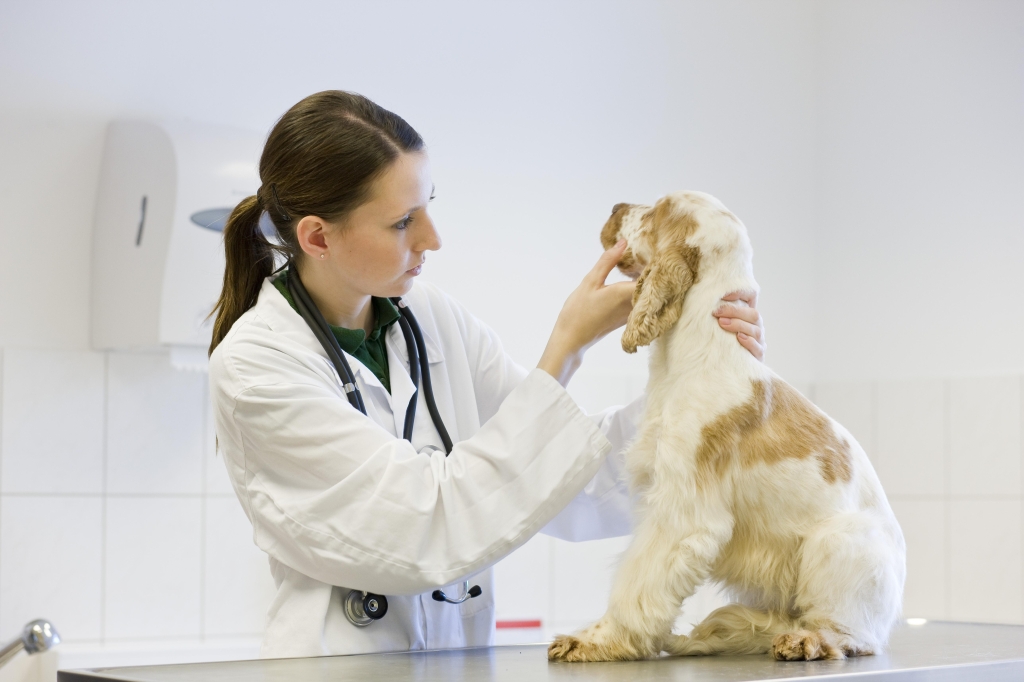
Key research adds to growing evidence in support of molecular screening tests for canine periodontal disease
Key Research Adds To Growing Evidence In Support Of Molecular Screening Tests For Canine Periodontal Disease
A new study by Waltham Petcare Science Institute on 'Real-World Diagnostic Potential of Bacterial Biomarkers of Canine Periodontitis', shows that the oral microbiome offers vital information that is key for early canine periodontal disease detection, potentially enhancing the quality of life for pets.
The study, published by Frontiers in Veterinary Science, puts the diagnostic accuracy of a molecular technique to the test, with real-world clinical validation. Findings show that this approach to identifying disease-associated bacteria in dogs – using quantitative polymerase chain reaction (qPCR) screening – can accurately detect microbial biomarkers specifically associated with canine periodontitis from a single dental plaque sample. This research marks Waltham’s second investigation in support of molecular screening tests for periodontal disease. The initial study, 'Developing diagnostic tools for canine periodontitis: combining molecular techniques and machine learning models,' was published by BMC Veterinary Research in September 2023 and showed the potential use of microbial data to develop canine-specific molecular biomarkers for the screening of periodontal disease.
Both studies underscore the potential of molecular diagnostic protocols to facilitate earlier periodontal disease detection and support accurate diagnoses of this prevalent yet often underdiagnosed condition, using a single oral sample.
Periodontal disease impacts more than 80% of dogs over the age of three and is associated with serious health conditions such as liver, kidney, and heart disease. The combined data and findings have the potential to significantly improve the health and well-being of dogs worldwide.
Researchers collected plaque samples from 127 client-owned dogs. Each dog attending a VCA Animal Hospitals for a prescribed, pre-planned dental procedure under general anaesthesia. Visual examinations were carried out and supragingival plaque samples were collected from conscious dogs. This was followed by a detailed clinical assessment under general anaesthesia, radiographs, and collection of additional plaque samples. The samples were then analysed at Waltham Petcare Science Institute, using qPCR assays to detect bacterial biomarkers associated specifically with canine periodontitis.
Supragingival plaque samples obtained from conscious dogs indicated a test accuracy of 80.9% when compared to clinical evaluation under general anaesthesia by a veterinary professional. The sensitivity (the proportion of true positive results) was 81.0% and the specificity (the proportion of true negative results) was 80.0%.
Kay O’Donnell, VP Science at Waltham Petcare Science Institute commented: "Waltham Petcare Science Institute is committed to advancing research into the oral microbiome of pets, building knowledge on the role of the bacterial associations between periodontal health and disease. Through this, we hope to uncover ways to better detect and manage periodontal disease early. Working with our network of animal hospitals, researchers at Waltham Petcare Science Institute have highlighted the potential of molecular screening tests in advancing current veterinary practice through early detection, which could support improved oral health of dogs, and consequently, better long-term health outcomes.”
The findings presented within the latest study demonstrate real-world clinical validation that qPCR analysis of plaque can provide a quick, simple and reliable approach to detect periodontitis.
This research into the oral microbiome presents a potential opportunity to benefit veterinary professionals and pet owners alike, through advancing early disease detection and opportunities for tailored care plans.
Access the full study: Frontiers | Real-world diagnostic potential of bacterial biomarkers of canine periodontitis
More from Waltham Petcare Science Institute

 3 months ago
3 months ago  443 views
443 views

 4 days ago
4 days ago